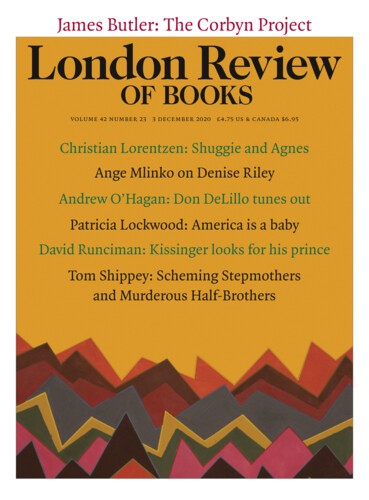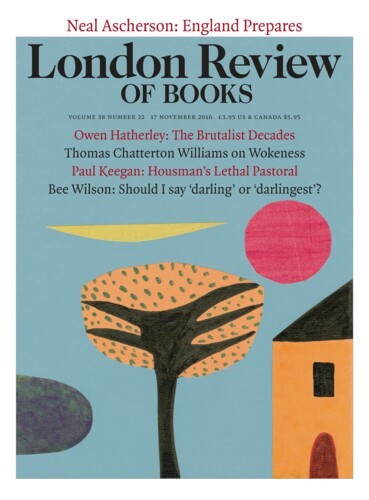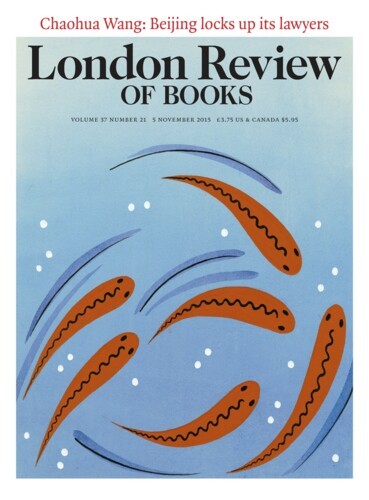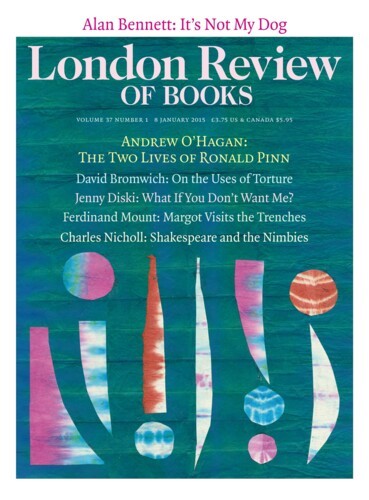Added Fashion Value: Capitalism’s Rosy Dawn
David A. Bell, 7 October 2021
‘One red sea of Fire, wild-billowing, enwraps the World; with its fire-tongue licks at the very Stars.’ When Thomas Carlyle wrote these words in the 1830s, few people in the West doubted that the event he was describing, the French Revolution, counted as among the most important in human history. Some saw it as a deliverance, others as a catastrophe, but they agreed that it had...





